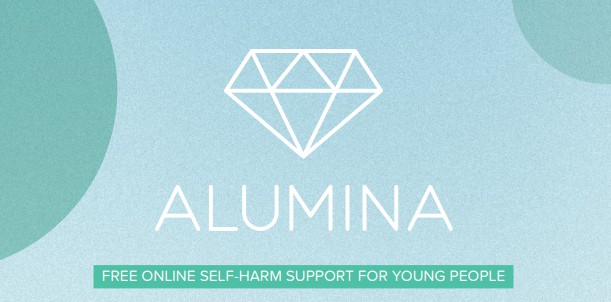Sometimes you may experience emotional difficulties, feel alone and not sure what might help. It can be very difficult to talk about your feelings and what’s happening in your life.
Maybe you feel sad or confused; have experienced a loss, are being bullied or are questioning your sexuality. Whatever the issue, we all need help from other people at times.
This section is here to help provide some information and suggest some ways you might get further help. Talking to someone who knows you, like your parents, carers or teacher is a good place to start. You can also ask to talk with a school nurse, doctor or perhaps a social worker if you have one. How can I ask for help is a useful guide if you are unsure of who to talk to for help.
Whoever you talk to will ask you to tell them about the kinds of problems or worries you are having so that they can think about the right kind of help for you. This could be asking for an appointment for you with the Child and Adolescent Mental Health Service.
If you feel you cannot speak to your parents or carers please talk to an adult you trust or you can contact your teacher, school nurse, doctor or the CAMHS team directly.
Rethink Mental Illness have developed a great toolkit for young people who have questions or worries about their mental health and want to know more. There’s a mixture of things to read and think about, and activities which you can complete: Rethink Toolkit
You can also find lots of information on the Young Minds website.
CAMHS Resource:
Many people who live with a mental health problem try to keep their feelings hidden because they are afraid of other people’s reactions, however, one of the best things you can do to improve your mental health is talk about it. If you’d like to talk to someone about mental health issues there are a number of local contacts in Doncaster that are here to help with mental health support whenever you need it. See English and Polish Resource below:
Alumina is a ground breaking online Self Harm Support Programme for young people who are struggling with Self Harming behaviours. Live sessions through a web browser connect young people with trained youth workers over six weeks. It helps young people reduce their harming behaviour and find alternative ways of coping.

BBC Bitesize
Service Evaluation Survey